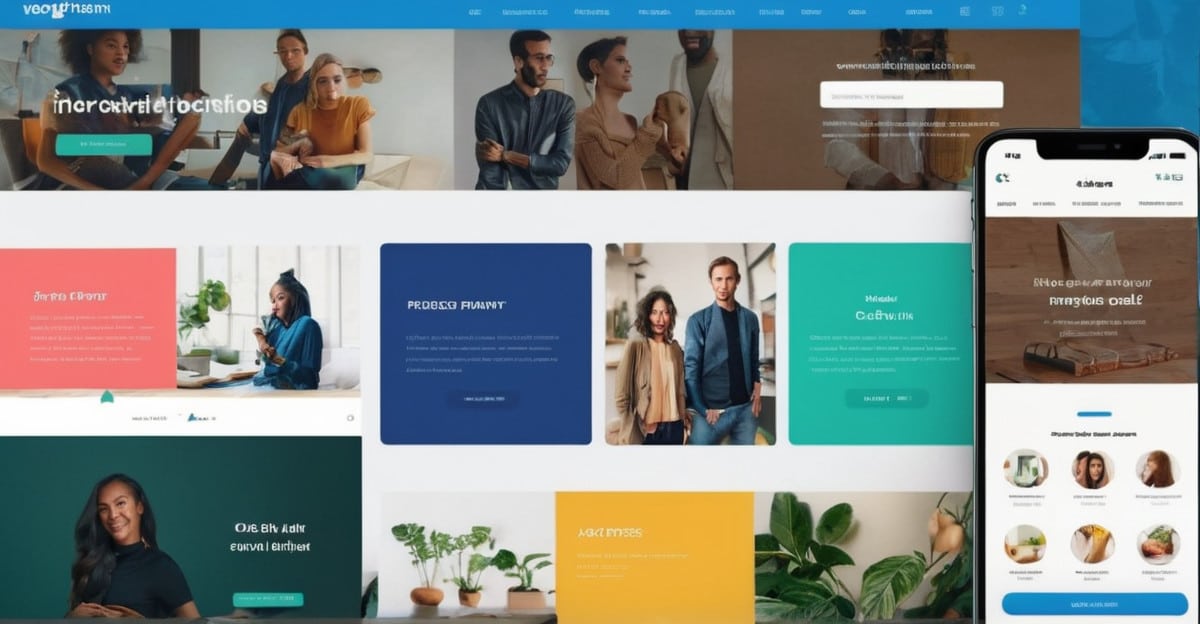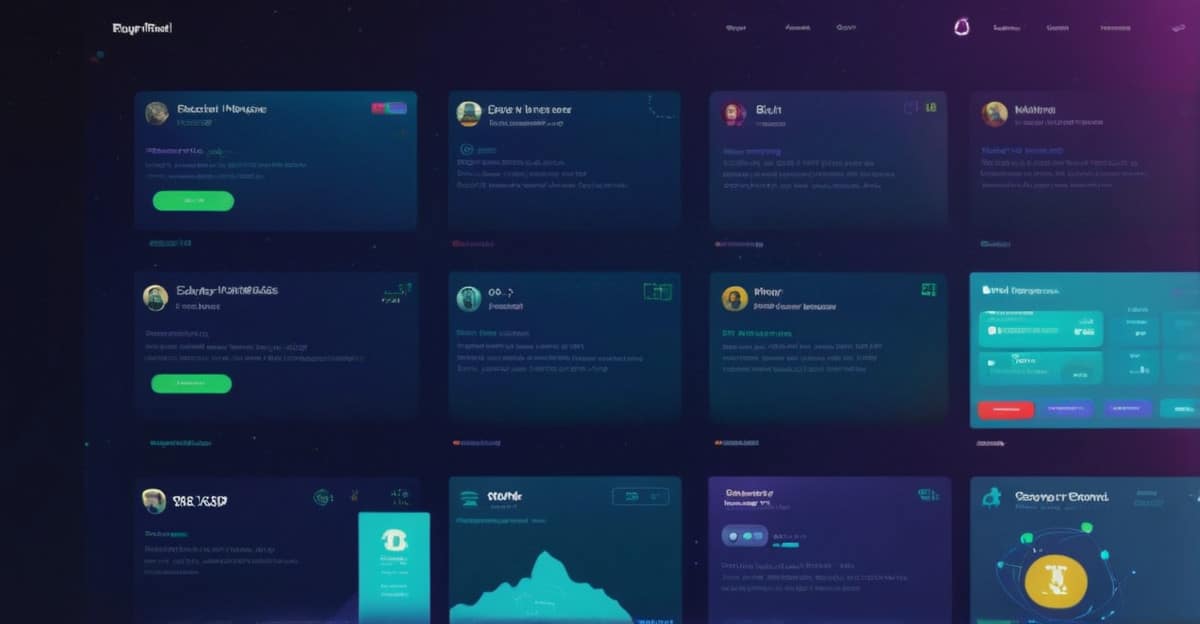
Introduction
The need for freelance employment is rising quickly in the current digital era. To take advantage of this trend, a lot of companies and business owners are trying to create a freelancing marketplace like Upwork. In 2024, if you want to build a successful platform, this in-depth guide will help you with the necessary procedures and tactics.
Understanding the Freelancer Marketplace Model
Freelancers and clients in need of their services are connected through the freelancer marketplace model. Upwork and other similar platforms offer a safe space for communication, teamwork, and transaction completion. It is essential to have a thorough understanding of this strategy in order to build a freelancing marketplace like Upwork. User profiles, project listings, safe payment methods, and review processes are important elements.
Identifying Your Niche
Determine your niche before you start developing. Will a certain industry or skill set be served by your platform? You may stand out and draw in a loyal user base by concentrating on a certain niche. You may decide to focus on freelancing IT workers, creative types, or healthcare advisors, for instance. Better service customization and focused marketing are made possible by a distinct niche.

Essential Features for a Freelancer Marketplace
You must include crucial elements that improve user experience if you want to create a freelancing marketplace similar to Upwork. Among them are:
- User Characteristics: thorough client and freelancer profiles.
Choosing the Right Technology Stack
The performance and scalability of your platform will be greatly impacted by the technology stack you select. Frequently employed technologies in the development of a freelancer marketplace comprise:
- Frontend: For a responsive UI, use Angular.js and React.js.
Designing an Intuitive User Interface
Maintaining user retention requires an intuitive user interface (UI). Your platform should have a clear, user-friendly design that makes it easier for users to explore. Important things to think about are:
- Designing responsively: Make sure your platform works on mobile devices.

Implementing Secure Payment Systems
In an online freelance marketplace, security is critical. Putting in place safe payment methods safeguards clients as well as independent contractors. Pay gateways with strong security features, such as PayPal or Stripe, should be included. Make sure your platform complies with applicable financial rules and regulations as well.
Marketing Your Freelancer Marketplace
The process of launching your platform is only the start. In order to draw in users, marketing methods must be effective. To raise awareness, run social media campaigns, content marketing, and SEO. In order to promote sign-ups and engagement, think about providing incentives or promotions to new users.
Monetization Strategies
To sustain your platform, you need effective monetization strategies. Common models include:
- Commission Fees: Charge a percentage of each transaction.
- Subscription Plans: Offer premium features for a monthly fee.
- Advertising: Sell ad space to relevant businesses.
Ensuring Compliance and Security
Compliance with legal and regulatory standards is crucial. Ensure your platform adheres to data protection laws, such as GDPR. Implement robust security measures to protect user data and prevent breaches. Regularly update your systems to address new security threats.
Conclusion
In 2024, creating a freelance marketplace such to Upwork will be a challenging yet fruitful undertaking. You can build a successful platform by comprehending the marketplace model, figuring out your niche, adding necessary features, selecting the appropriate technological stack, and putting good marketing and monetization techniques into practice. To ensure long-term success, prioritize security, compliance, and user experience.






